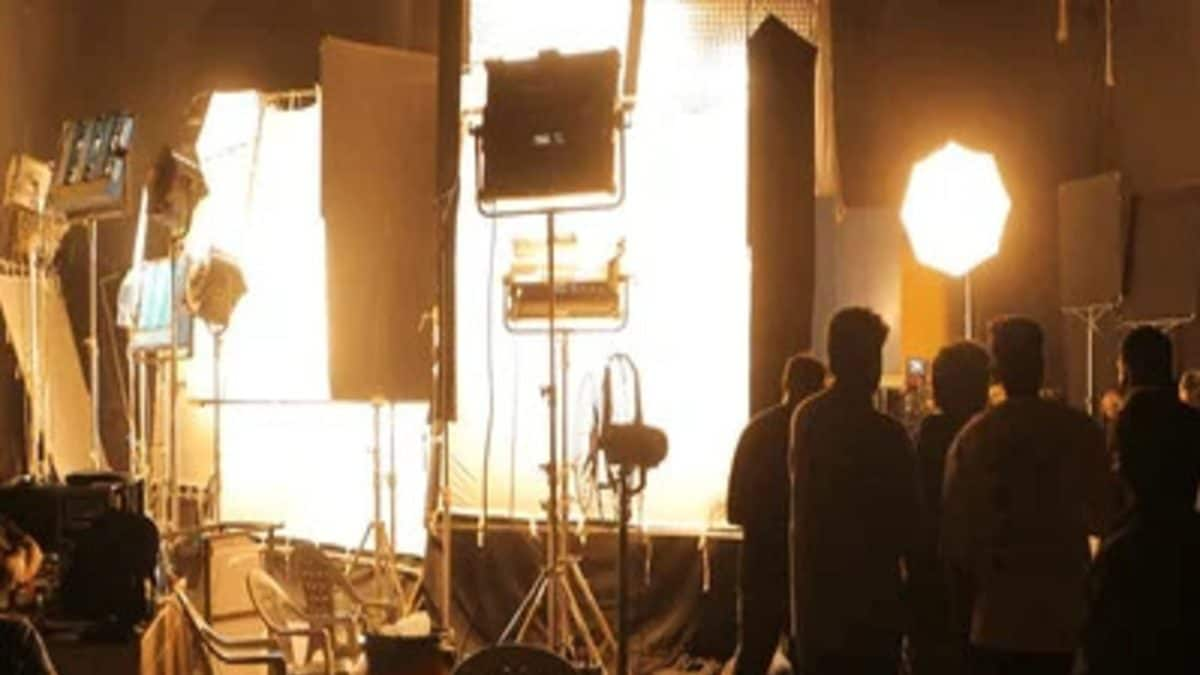Maala Parvathi, a prominent actor-activist in the Malayalam film industry, has courageously shared her experiences of encountering sexual predators while filming. Her stories are stark reminders of the pervasive issue of sexual harassment within the film industry, particularly targeting women. These harrowing incidents highlight the need for structural changes to ensure safer working environments for all.
The Apoorvaragam Incident: A Moment of Unthinkable Violation
Parvathi’s recount of her experience on the set of “Apoorvaragam” in 2010 is a chilling example of the subtle and insidious nature of sexual harassment. During a scene involving playful interactions, a male co-star, under the guise of acting, violated her personal boundaries by groping her while pretending to touch another actress. The sheer audacity of this act, coupled with the subsequent dismissive reaction from some on set, exemplifies the power imbalances that exist within the industry and the normalization of such behavior.
The incident had a profound impact on Parvathi, leading to a period of emotional turmoil and a reluctance to return to acting. This underscores the deep psychological impact that such violations have on individuals, affecting not only their professional lives but also their personal well-being.
The Fallout: A Silent Battle and the Power of Resilience
Despite the traumatic experience, Parvathi’s husband, Satheesh, played a crucial role in helping her overcome the incident. He encouraged her to persevere and not let the actions of one individual deter her from her passion. His support serves as a testament to the critical importance of a strong support system in navigating such difficult situations. Parvathi’s decision to return to acting reflects her strength and her commitment to her craft, demonstrating her resilience in the face of adversity.
The Happy Sardar Experience: A Persistently Unsafe Space
Parvathi’s decision to rent a caravan on the set of “Happy Sardar” in 2019 due to a lack of safe and comfortable spaces for women actors showcases the systemic disregard for female actors’ needs within the industry. Despite paying for this accommodation herself, she faced criticism from some seniors who questioned her “eligibility” for such a facility. This highlights the ongoing struggle for women to assert their basic needs and have their voices heard in a patriarchal industry.
The subsequent incident, where the caravan was moved and tampered with while Parvathi was shooting, is an appalling violation of personal space and safety. It exposes the vulnerability of female actors to potential threats even within the supposed confines of a film set. The lack of action from some senior figures in the face of such an egregious violation further emphasizes the power dynamics that favor perpetrators over victims.
Facing Retaliation: Silencing Voices and Destroying Careers
The responses of some industry figures to Parvathi’s complaints, including the dismissive remark, “Are you their mother hen that you have taken the responsibility of protecting them?” further highlights the lack of understanding and support within the film industry regarding women’s safety concerns. This kind of toxic masculinity breeds an atmosphere of silence and fear, discouraging women from speaking out about their experiences. Parvathi’s own experience of facing reduced work opportunities following these incidents demonstrates the tangible consequences of challenging the status quo and standing up for what is right.
A Long Road to Change: Recognizing the Systemic Issues
Parvathi’s experiences are a poignant reminder of the systemic issues plaguing the film industry that perpetuate a culture of impunity and victim blaming. These incidents expose the need for proactive measures to address sexual harassment, cultivate safer working environments, and dismantle the patriarchal structures that foster such behavior.
Shifting the Power Dynamics: A Call for Collective Action
Creating lasting change within the film industry necessitates a shift in power dynamics. This involves promoting equal opportunities, creating transparent mechanisms for reporting harassment, and ensuring that victims feel empowered to speak out without fear of retribution. It is crucial to challenge the notion that victimhood is a weakness and cultivate an atmosphere of accountability.
Parvathi’s unwavering courage in speaking out against these injustices, despite the professional and personal consequences, has spurred important conversations and paved the way for greater awareness and action. The journey towards creating a more equitable and safer film industry requires a collective effort.
Takeaway Points
- The film industry has a long way to go in creating safe and respectful working environments for women.
- Power imbalances, coupled with a culture of silence and victim-blaming, create a climate of vulnerability for female actors.
- Addressing sexual harassment requires a multi-faceted approach that includes systemic changes, robust reporting mechanisms, and support systems for victims.
- The experiences of individuals like Maala Parvathi are critical in raising awareness, demanding accountability, and driving positive change.
- Creating a just and equitable film industry is not merely a matter of compliance but a commitment to building a culture of respect and safety for everyone.









